PsychNewsDaily Publishers
100 Summit Drive
Burlington, MA, 01803
Telephone: (320) 349-2484
PsychNewsDaily Publishers
100 Summit Drive
Burlington, MA, 01803
Telephone: (320) 349-2484
Mississippi offers extensive mental health services, including counseling, crisis intervention, and support for individuals facing mental health and substance use challenges, available at no cost.
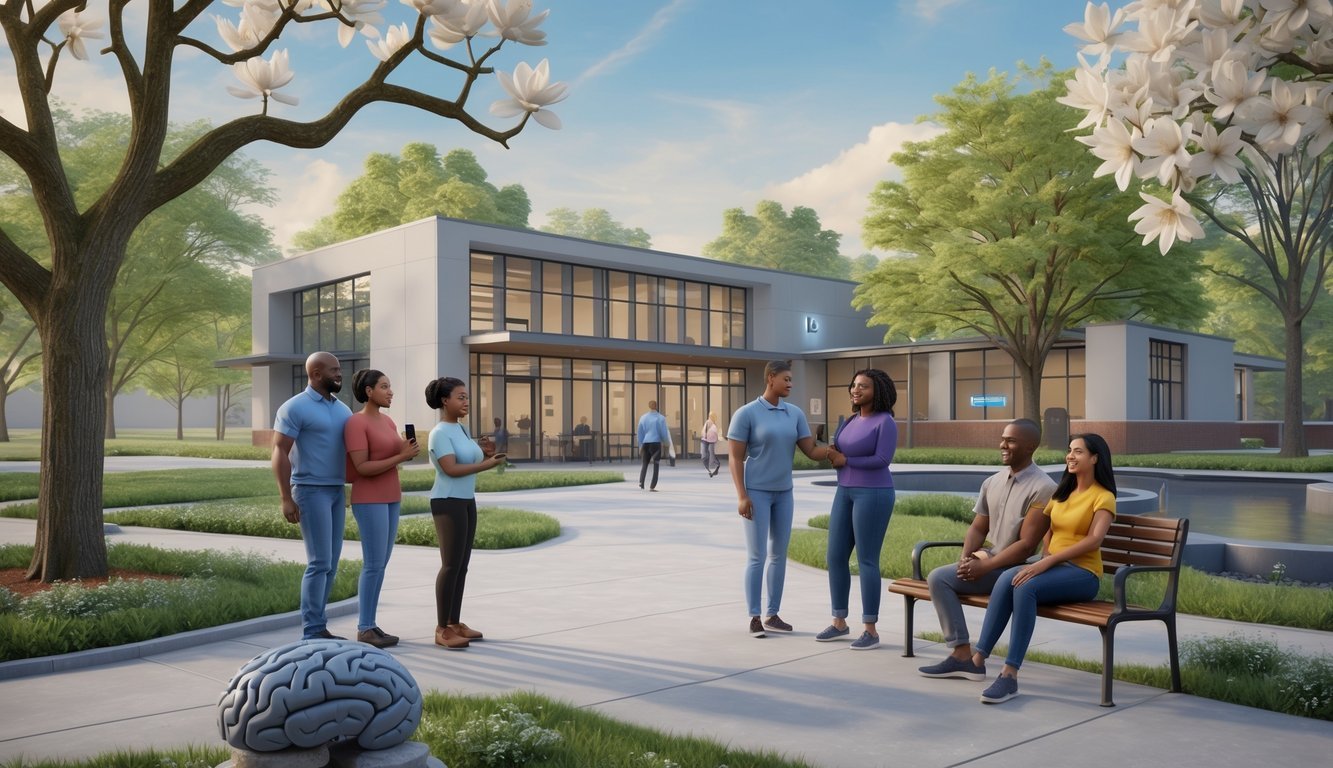
Mental health struggles hit so many Americans, and if you’re in Mississippi, you don’t have to go through it alone or stress about big bills. The state’s got plenty of free mental health services, from community centers and university programs to state agencies and nonprofits. They’re here to help people and families in crisis or just looking for ongoing support.
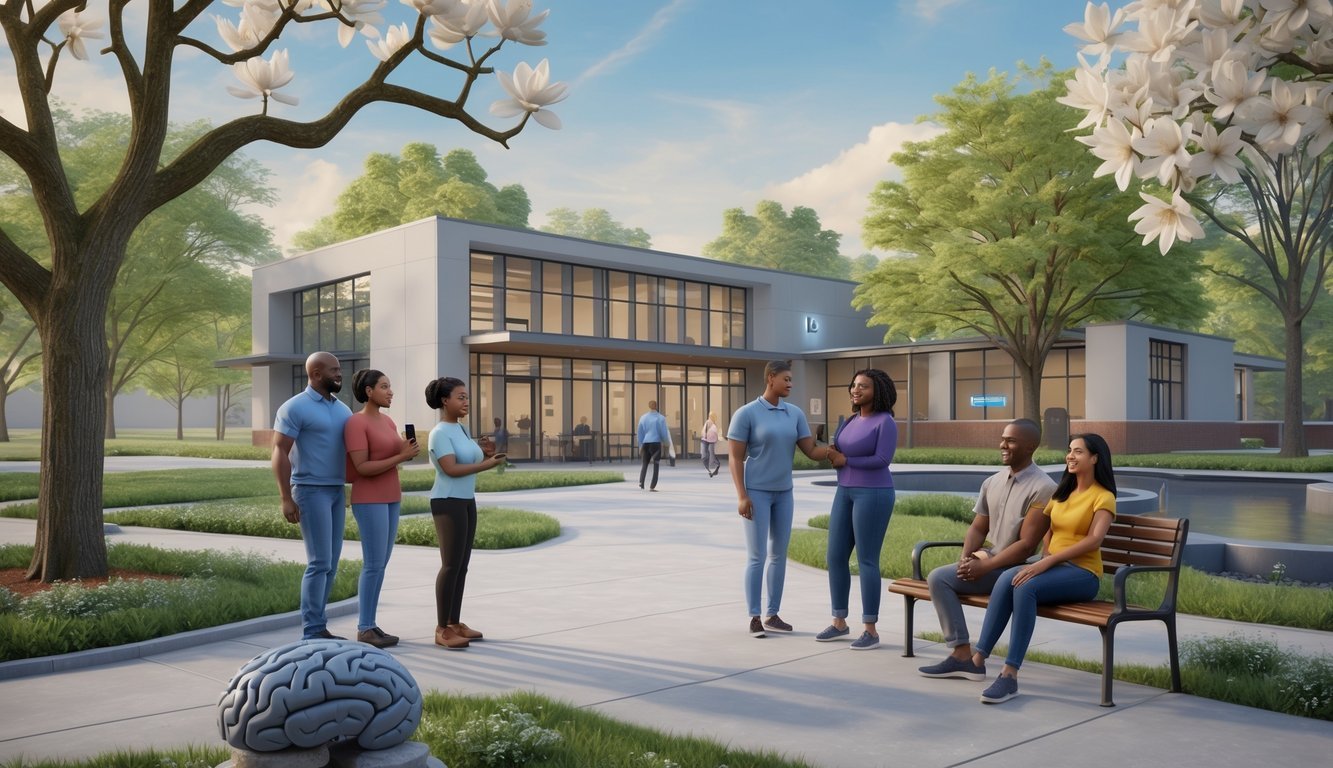
Mississippi offers free mental health services through different places like community mental health centers, university counseling programs, state-funded programs, and special support for people who need extra help. Services include crisis intervention, counseling, peer support, and even inpatient care when needed.
If you’re dealing with depression, anxiety, substance use, or other mental health issues, knowing what’s out there and how to get it can really help your recovery. You’ll want to know where to look, what paperwork you might need, and which programs fit your situation.
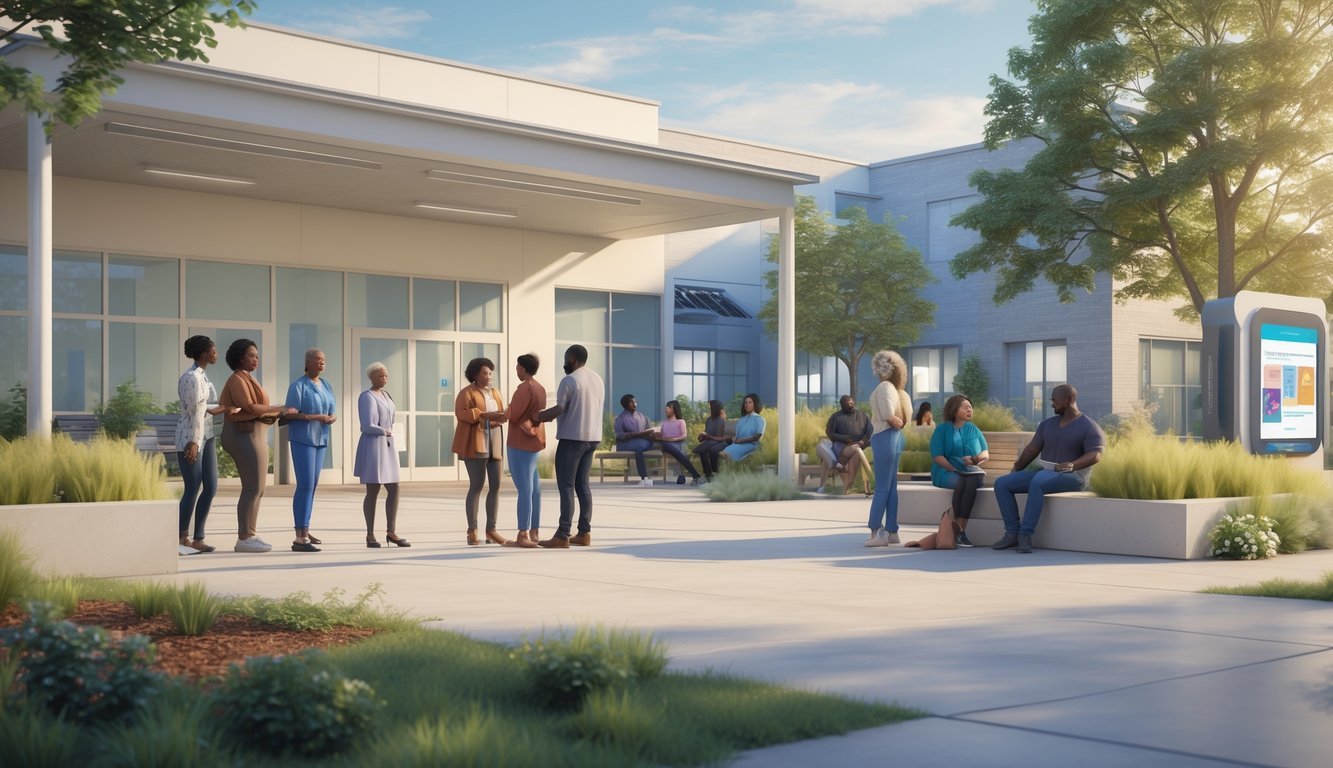
Mississippi has a few main types of free mental health services. You’ll find counseling programs, emergency crisis help, treatment for people facing both mental health and substance use issues, and care at local community centers.
These services aim to help with a range of mental health problems, and you don’t have to worry about the cost.
You can find free counseling all over Mississippi. Mississippi State University works with Weems Community Mental Health Center to give free counseling to all students.
Community mental health centers offer both individual and group therapy sessions. Most programs focus on things like depression, anxiety, and trauma.
Many centers set up special therapy for certain groups. You’ll find family therapy, counseling for youth, and mental health services for adults, all free.
Types of therapy available:
Mississippi has emergency mental health support available anytime, day or night. Crisis hotlines give you someone to talk to right away if you’re in trouble.
You can call the National Suicide Prevention Lifeline at 988 for 24/7 help. Trained crisis counselors answer and offer support on the spot.
Local crisis teams respond to emergencies in their communities. Mental health professionals assess what’s going on and give help right where you are.
Crisis services include:
People who deal with both mental health issues and substance use get help through dual diagnosis programs. Mississippi’s Department of Mental Health treats both at once using integrated care.
These programs focus on both addiction and mental health together. You’ll get counseling, medication management, and support groups all in one place.
They want you to recover from both issues at the same time, not just one or the other.
Integrated treatment features:
Community mental health centers are the main source of free mental health care in Mississippi. These centers offer residential treatment and outpatient services close to home.
Every center provides a full range of services, from assessment and treatment planning to ongoing care. You can get help based on your needs and where you live.
They also offer case management, helping you connect to housing, job training, and other support.
Community center services:
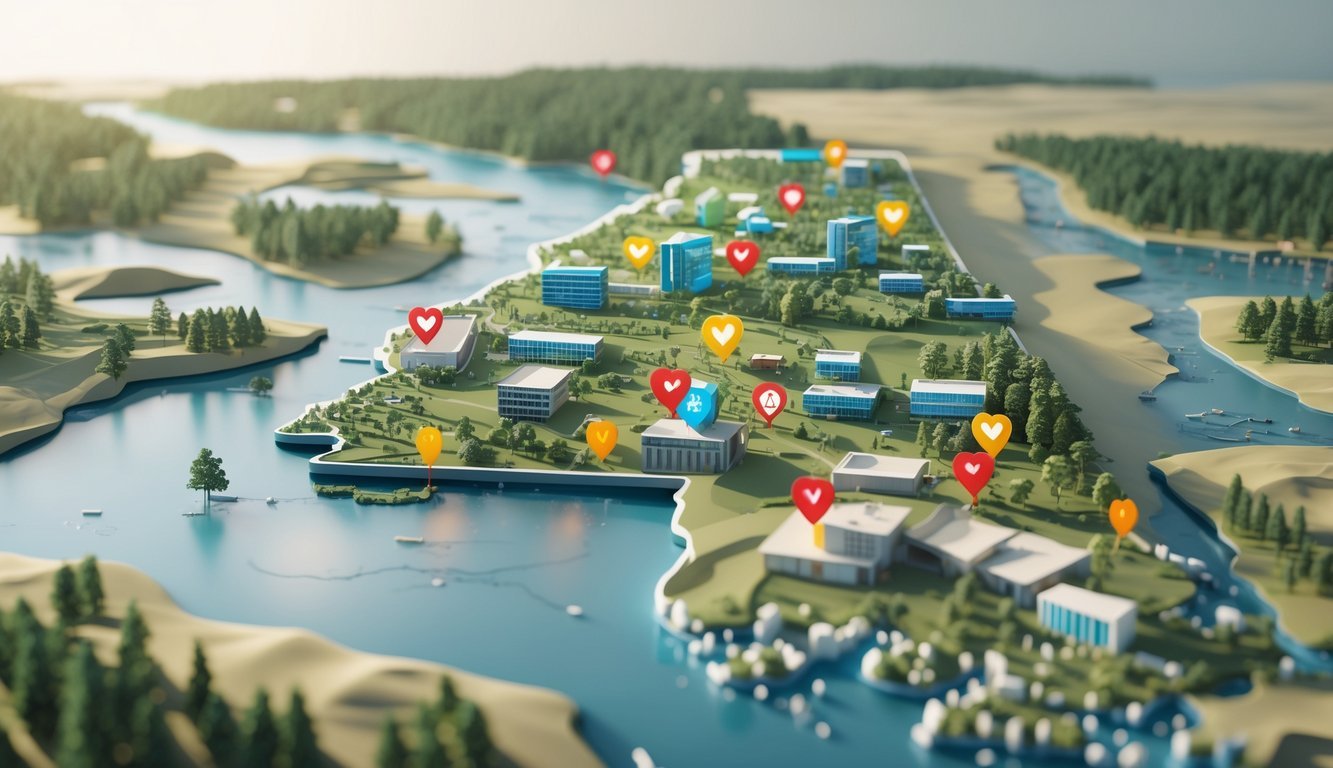
You’ll find mental health services in Mississippi through state programs, university centers, and local organizations. The Mississippi Department of Mental Health manages block grants to fund these services, and universities and nonprofits do their part too.
The Mississippi Department of Mental Health runs block grants from SAMHSA, funding mental health and substance abuse services across the state. These include the Community Mental Health Services Block Grant and the Substance Use Prevention, Treatment, and Recovery Support Services Block Grant.
Mississippi uses these federal funds to meet mental health needs in the way that works best here. The combined plan helps the state coordinate services better.
You can get services at community mental health centers funded by these programs. They offer counseling, crisis help, and ongoing support.
Key State Programs:
Mississippi State University and Weems Community Mental Health Center team up to provide free counseling for all students. Students get professional mental health support while they’re in school.
The University of Mississippi Medical Center has inpatient behavioral health units that use a team approach for people who need acute care. They focus on stabilizing patients and helping them move to outpatient treatment.
UMMC’s Department of Psychiatry gets funding from more than a dozen NIH grants, plus support from the Department of Defense and SAMHSA.
University Services Available:
Community mental health centers operate across Mississippi, serving local people. Many get state and federal funding to offer services on a sliding fee scale, so what you pay depends on your income.
Nonprofits often focus on certain groups or mental health needs. They work with state programs to make sure communities get the help they need.
You’ll find these clinics in both cities and small towns. They provide things like individual counseling, group therapy, family support, and crisis intervention.
Community Resources Include:
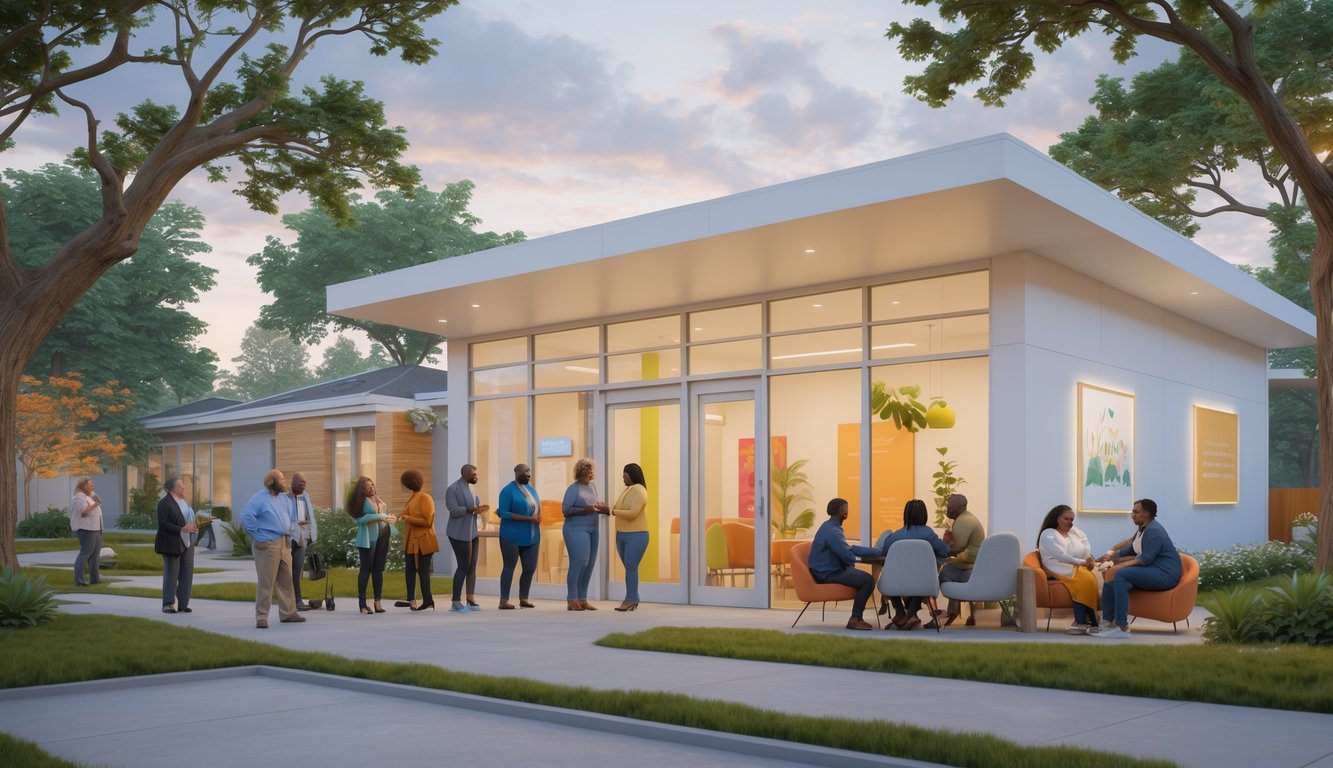
Mississippi has mental health services aimed at certain groups who might need something extra. Programs pay special attention to young people, expectant mothers, and families caring for loved ones.
Young people can get free mental health services through several programs in Mississippi. MSU works with Weems Community Mental Health Center to give students counseling for free.
School-based counseling programs help students with anxiety, depression, and behavior problems. These services happen during school hours, so it’s easier for kids to get help.
Community mental health centers run youth-specific therapy programs, including:
Some young people have trouble getting help because they don’t have good internet for telehealth. That’s a real problem in some areas.
A lot of programs focus on early intervention, trying to help before things get worse. Counselors team up with schools to spot students who might need support.
Pregnant women and new moms in Mississippi get special mental health support from state programs. Medicaid often covers mental health care during pregnancy and after birth.
Postpartum depression affects plenty of new mothers. Free screening and treatment programs aim to catch and treat it early.
Key services include:
Community health centers combine medical and mental health care, so women get help for both their bodies and minds during pregnancy and after.
Some programs send trained professionals to visit new moms at home. These visits help if you can’t get to appointments easily.
Families looking after loved ones with mental health issues need help too. The Mississippi LIFT Resource and Referral Network connects families with child care and promotes educational opportunities for workforce development.
Support groups meet regularly across Mississippi, giving families a place to learn coping skills and meet others in the same boat.
Available family support includes:
Many programs teach families how to spot warning signs of mental health crises. This training helps them react quickly and get help when needed.
The Institute for Disability Studies works to help Mississippians with developmental and other disabilities and their families. They focus on more independence and community inclusion.
Some organizations offer financial help for families struggling with mental health care costs. These programs help make sure money doesn’t stand in the way of getting help.
Getting free mental health help in Mississippi means knowing how to apply and where to go in a crisis. You’ll want to be aware of common issues that might pop up too.
Most free programs in Mississippi check your income first. You’ll usually need pay stubs or tax forms to show you qualify.
Community health centers serve people without insurance and use a sliding scale based on your earnings. Bring your ID, proof of where you live, and income documents.
You’ll probably need:
Many programs don’t ask for citizenship, and some centers help people who are undocumented.
You can get free or cheap advice from a housing counselor who might also know about mental health resources. Call 800-569-4287 for help finding local services.
When you fill out applications, make sure they’re complete. Missing info can slow things down. Most places get you scheduled within two weeks after approval.
Mississippi has several crisis hotlines running all day, every day. The 988 Suicide & Crisis Lifeline connects you to local counselors any time.
Emergency mental health options:
If you ever feel unsafe, don’t wait. Emergency rooms have to see you, even if you don’t have insurance or money.
Mobile crisis teams can come to your home or wherever you are. They help during mental health emergencies and try to keep you out of the hospital if possible. Ask your local mental health center about these services.
Crisis stabilization units let you stay for a few days while you get treatment and figure out your next steps.
Transportation keeps a lot of people from getting the help they need. Some clinics give rides or hand out bus passes. When you call, just ask if they can help with travel.
Stigma can make folks skip treatment. Scientific advances are helping dismantle damaging public attitudes about mental illness. Honestly, reaching out for help takes guts, not weakness.
Common barriers and solutions:
| Barrier | Solution |
|---|---|
| No transportation | Van services, telehealth visits |
| Work schedule conflicts | Evening or weekend appointments |
| Childcare needs | Centers with play areas, family therapy |
| Language barriers | Interpreters, bilingual staff |
You can meet with counselors from home through telehealth visits. All you really need is a phone or a computer with internet. If you’re far from a city, this can make things so much easier.
Lots of centers now offer appointments after work. Some even open up on Saturday mornings. It never hurts to ask about flexible times when you call.